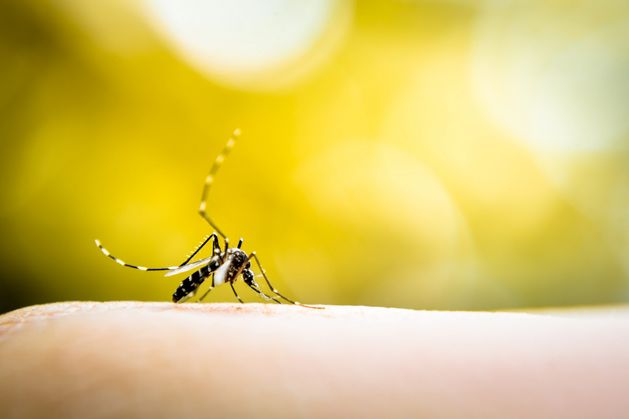Cases of leprosy, dengue fever, malaria, Zika virus, giardiasis and West Nile fever are now either above or matching detection rates in 2019, the year before the Covid-19 pandemic erupted.
Ireland recorded cases of leprosy for three years in a row between 2020 and 2022, while detections of malaria are now more than 10pc above levels five years ago.
The latest report from the Health Protection and Surveillance Centre (HPSC) revealed that while detections of such exotic diseases fell by almost 90pc during Covid, the resumption of foreign travel has led to an explosion in case numbers.
Between 2013 and 2017, a total of 143 incidents were notified of eight ‘exotic’ illnesses – leprosy, dengue fever, Zika, chikungunya, giardiasis, malaria, West Nile fever and typhoid. By 2018, that had risen to a total of 357 – an increase of almost 250pc. However, that total fell to 212 in 2021.
Detections of some illnesses fell by 88pc in just 12 months thanks to lockdown controls on travel.
There were just 15 cases of malaria recorded in 2020, when Covid brought the most draconian controls on travel. However, cases rose to 89 last year, over 10pc above the comparable level for 2019.
Dengue fever detections fell to just two in 2021. However, cases of the illness soared to 20 last year.
Giardiasis, a water-borne illness that is relatively mild compared with other exotic diseases, also recorded a significant increase.
There were 160 cases of the illness in 2021 but that had rocketed to 324 last year, an increase of more than 100pc. A sickness caused by water-borne parasites, not all cases of giardiasis are linked to exotic travel.
Last year, there was just a single recorded case each of the Zika virus and West Nile fever. A single case of chikungunya was reported in 2019 but no cases have been reported since then.
Four of the most dreaded infections – plague, rabies, yellow fever and cholera – have not been recorded in Ireland for several years.
However, single cases of leprosy were reported in 2020, 2021 and 2022. No case was recorded last year.
The HSE has urged people travelling overseas to carefully consult health advice. “You may need extra vaccinations when going abroad,” a HSE spokesperson said. “For specific travel advice, including vaccinations and malarial prophylaxis, you should contact your GP or travel clinic.”

